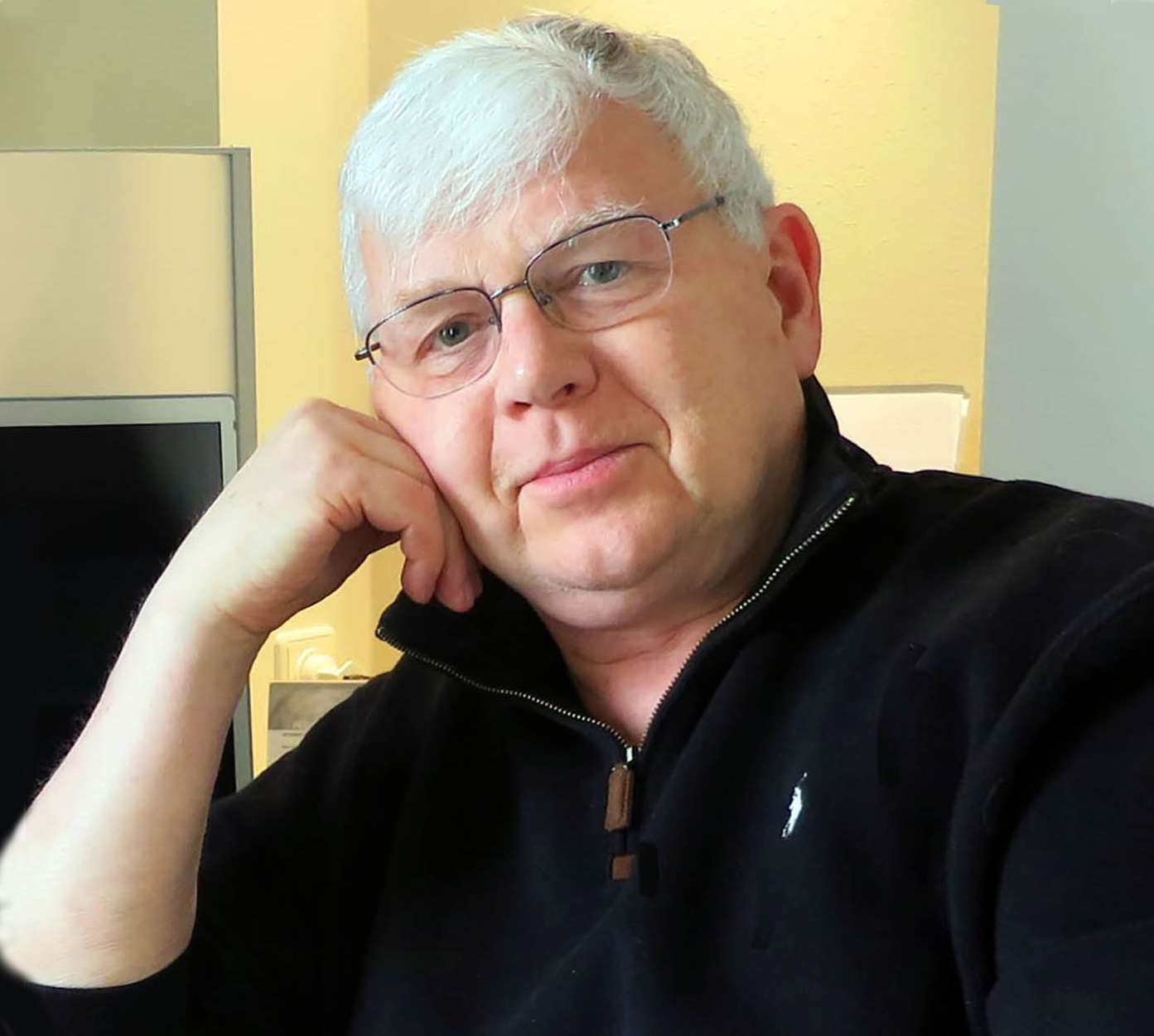
Noted audio engineer Robert Schulein peacefully died in his home on New Years Day 2019 at the age of 76, following a seven-year battle with cancer.
The Fellow and Past President of the International Audio Engineering Society (AES) and prolific inventor, with a wealth of patents to his credit in the fields of acoustics and electroacoustics, is survived by his wife, Joyce, two daughters, Heather Davis and Jennifer Yoder, grandson Max Yoder, brother Thomas Schulein, and nephews Michael and Robert and their daughters Harriett and Eloise.
Born in 1942, Schulein was raised in Rockford, IL and showed an early knack for technical tinkering. He went on to receive BSEE and MSEE degrees from the University of Wisconsin, Madison, where he did research on piezoresistive semiconductor transducers.
Out of college in 1966, Schulein embarked on what would become a 30-year career at Shure Brothers in Evanston, IL. Achieving the title Staff VP & Director of Business Communications & Industrial Products, his responsibilities included research and development of microphones for automotive cellular telephone systems, R&D of microphones for land, mobile and related communication systems, as well as R&D of microphone systems for speech recognition applications.
In 1977 he was elected to Fellowship in the AES and that same year also won the AES Publications Award. In 1990, was awarded the AES Board of Governors Award.
Schulein’s earlier work at Shure was in the area of condenser microphone research, development and design. He led the group effort to introduce the company’s first professional condenser microphone, the SM-81. Also while there, he managed the Home Theater Sound (HTS) division, which pioneered the development of the first enhanced matrix decoders emulating the professional Dolby products in theaters and led to the development of a complete line of processors, power amplifiers, and loudspeakers for high-end home theater systems.
The HTS division also developed and pioneered the use of enhanced matrix encoders and decoders for professional applications as well as introducing matrix surround-sound encoding to baseball television broadcasting, episodic television, Saturday Night Live, The Grammy Awards, and Super Bowl XXIV in 1990.
After his time at Shure, Schulein held positions at Etymotic Research (now Lucid Audio), in design, research and development. His focus was in areas of consumer electronics, professional audio, telecommunications systems, audiology, and hearing-aid component development.
At the time of his death he was owner of RBS Consultants, an international consulting firm, which provided consulting services in acoustics, product research, product design and development, project management, and audio/video recording engineering and production. In addition, he was serving as a Vice-Chair of the AES Technical Council and as Chair of the AES Technical Committee on Hearing and Hearing Loss Prevention. He was proud of his implementation of the Richard C. Heyser Memorial Lecture series, which was established in 1999 and remains active to this day.
Schulein was also a member the American Auditory Society as well as the American National Standards Institute working group on hearing-aid measurements. His lifelong interest and successful track record solving difficult engineering problems led to his personal and professional development of, among other inventions, miniature directional microphones for hearing aids, acoustically transparent non-porous wax barrier for the hearing aid industry, plus an advanced professional in-ear monitoring system used by a list of today’s top performers.
Yet another area of focus was ImmersAV Technology, a patent-pending audio technology and high-definition video process to create “you-are-there” musical experiences. He finally was able to achieve his dream of becoming a music producer, having the opportunity to work on recording projects with many talented musicians of Chicago.
Never taking a day off from his engineering efforts, Schulein worked up until his decision to enter hospice care at his home. There will be no formal service at this time, but a celebration of his life will be held for him at a later date.
Donations in his name may be sent to the North Shore Foundation Kellogg Cancer Center.
